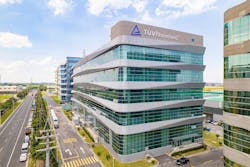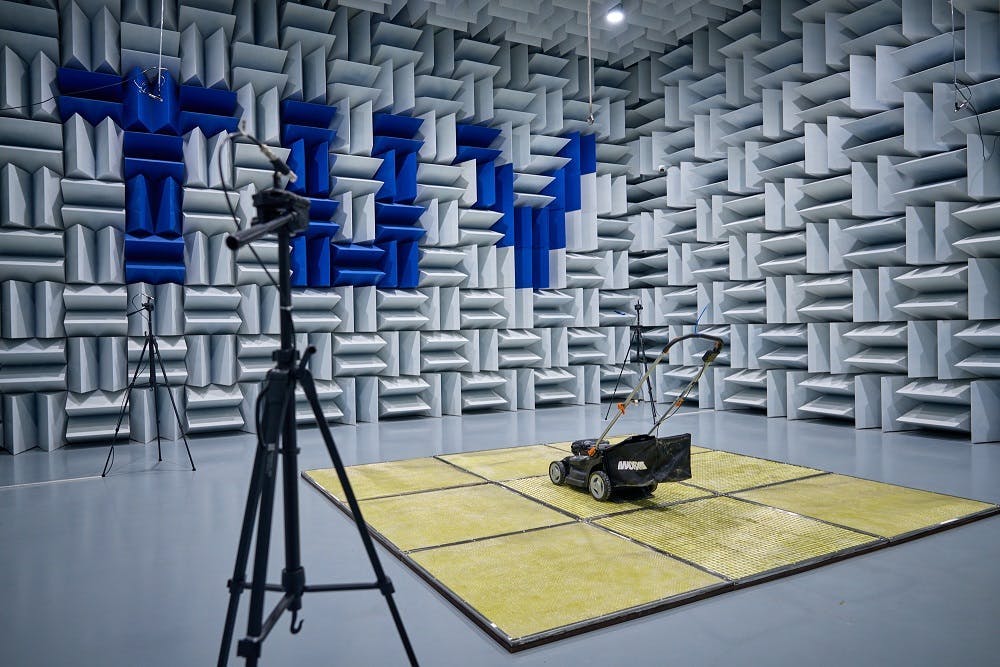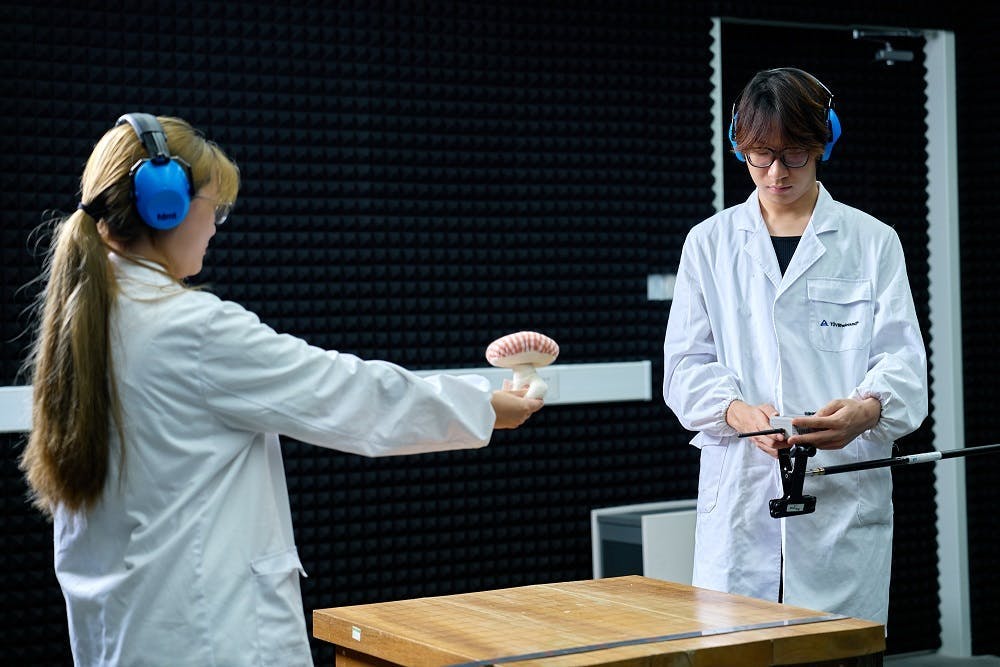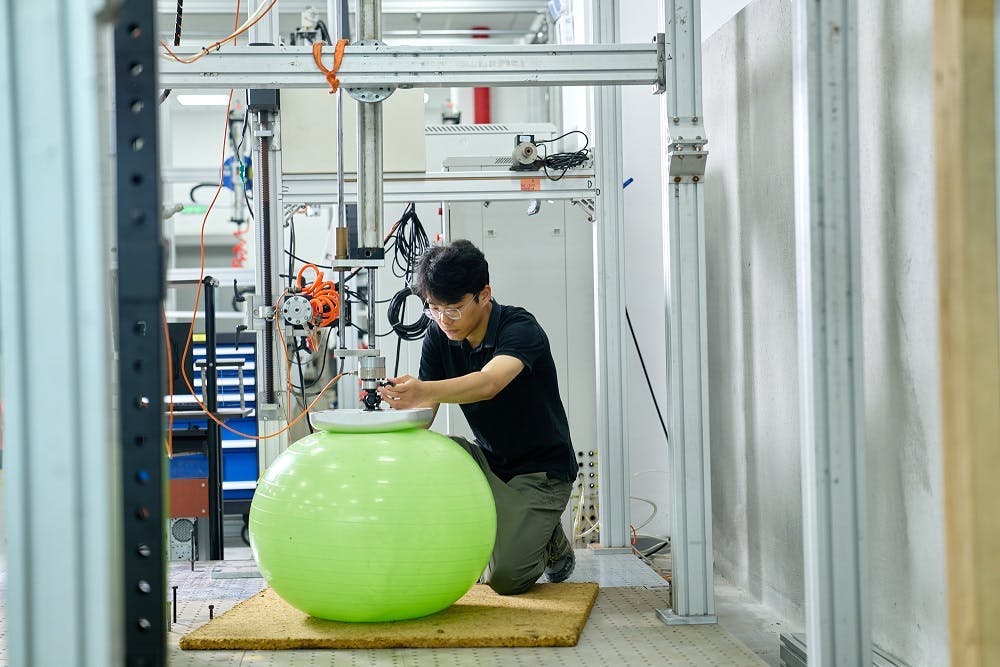TÜV Rheinland opens its largest laboratory site in China
TÜV Rheinland has opened a new laboratory center in Taicang, near Shanghai, China. The Yangtze River Delta Operation Hub covers an area of almost 40,000 sq m with around 500 employees, making it the testing service provider's largest laboratory site in China. TÜV Rheinland has invested more than $30 million (28 million euros) in the construction of the new center. The focus of testing is on electronic products, photovoltaics, e-mobility and autonomous driving.
The operational hub offers local customers a one-stop service experience, catering to the region's industrial transformation and upgrading needs (Figure 1).
The grand opening was attended by guests including Wang Xiangyuan, Secretary of Taicang Municipal Party Committee, Philipp Kortüm, chief financial officer of TÜV Rheinland Group, and Yushun Wong, president and CEO of TÜV Rheinland Greater China.
Kortüm highlighted the region’s particular significance in the production of technologies such as photovoltaics, electric vehicles and electronic products. This would be accompanied by increased demand for testing services, which TÜV Rheinland's new laboratory site would be able to provide (Figure 2).
"Over the past 35 years, we have tested products from more than 300,000 local companies for over 150 regions or markets around the globe. Our testing services help companies prepare their products and services for global markets," said Kortüm.
In his speech, Wang Xiangyuan highlighted: “As a global leader in inspection and testing services, TÜV Rheinland has become a synonym for safety and quality in the hearts of many enterprises and consumers. The successful opening of the second phase of the project today will become a benchmark for German enterprises in the high-end service industry in Taicang." Taicang, 50 kilometers from Shanghai, is home to around 530 German companies.
Yushun Wong emphasized the company's long-standing presence in China. The expansion of the Yangtze River Delta Operation Hub is indicative of the importance TÜV Rheinland attaches to the Chinese market. In addition to the testing services already mentioned, the site has laboratories for safety and performance testing for various sectors such as textiles, toys, infant and child products, chemicals, light industrial products, home appliances, electric and garden tools, lighting fixtures, audio and video products and automotive LiDAR with state-of-the-art technology (Figure 3). The hub also features a new packaging and transportation physical testing laboratory, a light distribution laboratory with a large distributed photometer, and an intelligent driving sensing fusion laboratory, marking TÜV Rheinland's first global lab for automotive LiDAR performance measurement.




